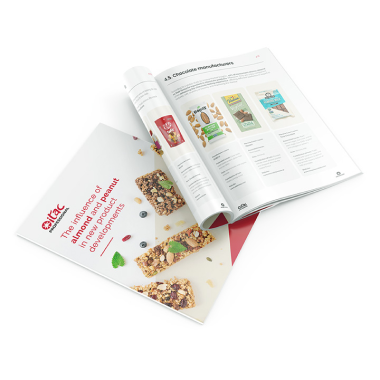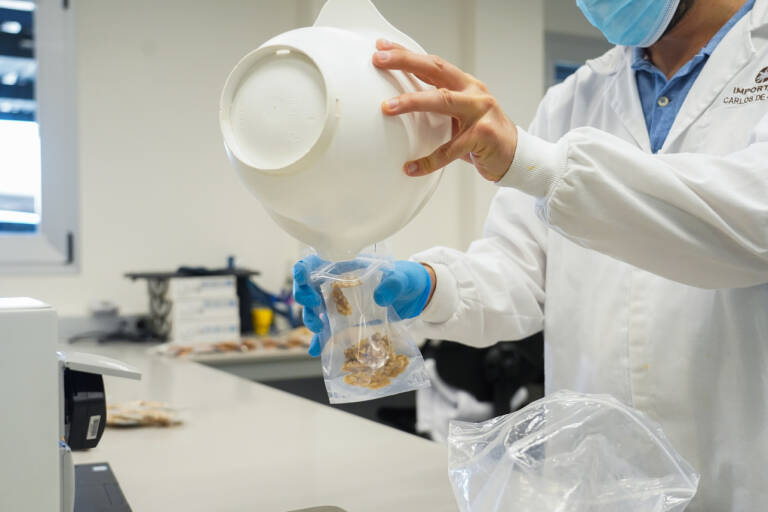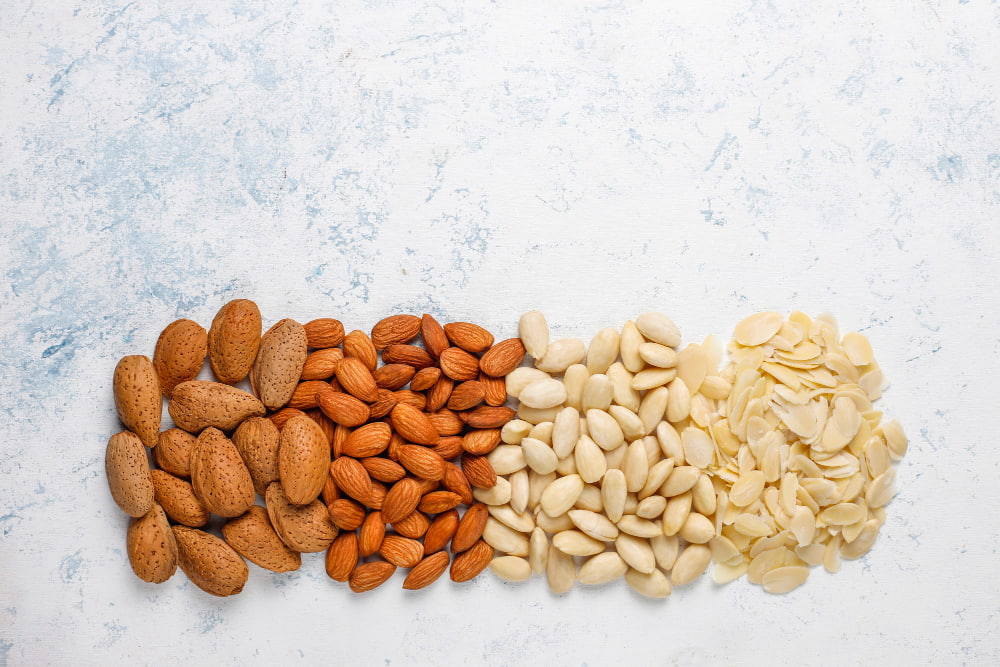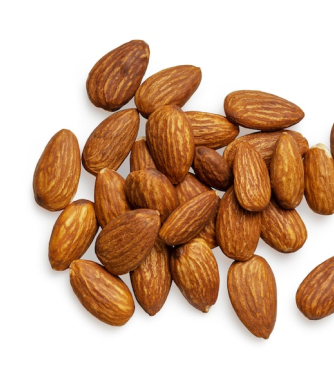Food safety certifications are today the best proof that a food product meets all quality, hygiene, safety and ingredient integrity requirements when made available for sale. For this reason, different food industries are increasingly interested in obtaining the most important certificates – those that are issued and verified by prestigious, specialised external organisations.
The most important certification programmes cover all key aspects; in other words, those that are most valued by consumers and, in general, regulated by the administrations of different countries. These include personnel, surface, equipment and implement hygiene and, naturally, that of the food itself: the prevention of pathogen contamination, its adequate storage and preparation, plague control, and allergen information, as well as measures to avoid cross-contamination.
In addition to the health benefits for consumers, the existence of universal food certifications facilitates international trade and allows for a better communication between stakeholders: farmers and breeders, food production centres, regulating authorities, suppliers and customers.
Index
Food quality and safety certifications
Other important food industry certifications
Importaco Total Quality System

Food quality and safety certifications
IFS
One of the most important food certifications of the industry. The International Featured Standards (IFS) encompass a protocol that covers the various processes and services throughout the supply chain, with the purpose of helping suppliers in offering safe products that are compliant with the laws in effect.
The general objectives of this certification range from establishing an uniform and common assessment system, to ensuring transparency in the supply chain, all the way through the reduction of costs and times between the various suppliers and retailers.
IFS does not specify how these processes need to be, but rather evaluates them through a risk-based approach. From there, it establishes a set of standards and recommendations that are used by manufacturers and distributors.
BRC Food Safety
This is a global food safety standard that has so far been adopted by the most important food industries of over 130 countries.
BRC Food Safety offers a reference framework to manage product safety, integrity, legal compliance and quality. In this way, distributors and supermarkets can rate their suppliers, ensuring that they guarantee compliance with certain requisites.
ENAC nut aflatoxin detection certification
At Importaco, our laboratory’s analysis technique to detect aflatoxins B1, B2, G1 and G2 by means of high-performance liquid chromatography (HPLC) and fluorescence detection has been certified by the ENAC (Spanish National Certification Organisation). Aflatoxins are among the main causes of food alerts among nuts in shells.

Nut testing at Importaco’s Technology Centre
ISO 17025 certification
The ISO 17025 certification is the process by which an independent entity (third party) audits a testing or calibration laboratory with the purpose of certifying that the organisation has the technical and human capacity for the activity that is within the scope of the certification.
Importaco has analysis techniques that are certified under this certification. More specifically, we are certified in the detection of aflatoxins B1, B2, G1 and G2 through high-performance liquid chromatography (HPLC) and fluorescence detection in nuts and peanuts, certified by the ENAC as per criteria specified in standard UNE-EN ISO/IEC 17025. Aflatoxins are among the main causes of food alerts in nuts in shells.
Our laboratory also performs analytic testing as per ISO 17025, such as the detection of amygdalin and alkylphenols, which cause “off flavours” and “off tastes” in nuts.

Inside Importaco Group’s Technology Centre
Other important food industry certifications
ISO 14001 environmental management certification
This Environmental Management System (EMS) standard enables companies to demonstrate that they are responsible and are committed to the protection of the environment. To this end, optimised strategies for the management of environmental risks that might arise during the company’s activities are implemented.
Aenor zero-waste certification
Importaco has recently obtained this certification issued by AENOR, which recognises environmental management efforts. We have successfully managed to have 99% of the waste generated by our largest and most important production centre to be reclaimed and recycled.
ISO 50001 energy management system certification
The ISO 50001 standard certifies the Energy Management System in factories.
This Energy Management System (EnMS) implies a road towards the systematisation of the use of energy resource efficiency through continuous improvement and the implementation of our Energy Policy.
Its main benefits are a reduction of CO2 emissions, limiting the impact on the planet, and the recognition of the commitment to sustainability of members of the organisation, becoming part of the solution to climate change.
This action is part of Importaco’s Energy Savings and Efficiency Plan, which has the goal of reducing direct emissions by 20% by 2023, and consolidate an efficient management of energy resources towards an increasingly sustainable production.
The ISO 50001 standard has been implemented in combination with ISO 14001 to guarantee the involvement of all levels of the organisation in the reduction of its environmental impact, while complying with laws aimed at fostering actions towards energy savings.
Ecological farming certification
This system certifies that an agricultural operation meets the requirements established by the European Union to be considered ecological farming. The most important ones are the non-use of synthetic chemicals (pesticides) or genetically-modified organisms, as well as the optimisation of natural resources. At Itac Professional some of our products have this certification.
You might be interested in: Importaco Terra: towards a more sustainable and efficient almond cultivation
UTZ Certification / Rainforest Alliance 2020
The UTZ certification is used to ensure that coffee and cacao operations are performed under fair trade criteria, caring for the people and the environment and guaranteeing fair wages, good working conditions and an equitable distribution of wealth, while fostering a more sustainable agricultural production and responsible supply chains.
The Rainforest Alliance 2020 Sustainable Agriculture Standard was born out of the merger of Rainforest Alliance and UTZ. This certification programme joined the Rainforest Alliance in 2018 to build synergies and increase its influence on the wellbeing of people and nature. Through a combination the strengths and know-how of both programs, a new agricultural standard was also created.
Importaco Chocolates uses this certification for cacao-based products, which are marked as fair trade products.
HFCE Halal certification
The HFCE Halal Product Certification is used to guarantee Muslim consumers that the food product has been reviewed and verified by an Islamic organisation and that it complies with the Sharia.
Kosher Certification
The Kosher certification guarantees that all ingredients and tools that are used have no traces of products that are non-compliant with Kosher food policies, while also ensuring the compliance with certain standards in regard to cleanliness, purity and quality. The three main categories these products are classified into are dairy products, meat and pareve (those that contain neither meat nor dairy ingredients).
This certification does not only guarantee that a product has been manufactured as per Kosher policies, but also that all ingredients used are also Kosher-certified.
ISO 45001
ISO 45001 is the new international workplace safety and health standard (WSHMS). It is a highly useful tool to help organisations and companies in managing risk and preventing work-related accidents and health problems.
This standard requires organisations to go beyond basic health and safety aspects and take into account society as a whole. In other words, think not only of the benefits to the company itself, but also about contractors, providers and, lastly, the effects of its activity.
These are some of the main certifications that a food manufacturer must comply with and that, for Itac Professional, B2B brand of Importaco Group, are our most important quality and safety credentials when facing any new project for the food industry.
Importaco’s Total Quality System
The Total Quality System implemented by Importaco is based on a painstaking food safety control from the field all the way to the final product, which enables us to control the entire supply chain.
These are the cornerstones of this system:
- Traceability
- Sustainable supply chain
- Safe, higher-quality products
- Foster national agricultural development
- Quality improvement and competitiveness in the field

In addition, at Importaco we apply the HACCP system in the processing of our products. This is an internationally-recognised system that helps organisations in identifying, assessing and controlling major threats to food innocuousness, a total control system from the field all the way to the table. It is, without a doubt, a process that supports food safety and the compliance with regulations in effect.
Furthermore, the implementation of criteria based on the HACCP system is highly effective in increasing the degree of food innocuousness, fostering the use of its principles and complying with specific codes required throughout the supply chain.
As nut manufacturers and food industry suppliers, the Itac Professional brand is committed to the compliance with the most important food certifications in the industry, which serve as a guide to attain excellence in all of our products and services. They also enable us to demonstrate and communicate to suppliers and clients that our commitment to quality and health are not merely words, but specific facts, as well as our daily effort and continuous improvement.

ALMOND AND PEANUT IN NPD
Get to know the food trends driving innovation with these products and some innovative launches in the food industry.
 Home
Home




